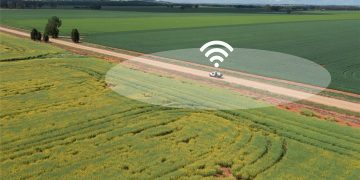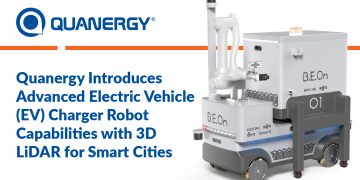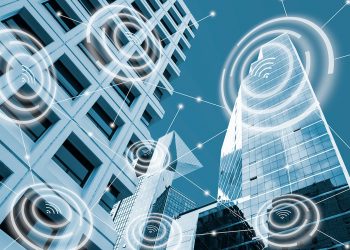The wave of change known as the Internet of Things has a higher, more advanced form in Enterprise IoT, which aims to improve business efficiency overall to an even higher degree. Enterprise IoT applications utilize technologies to their fullest potential that involve everything from internet-based communication systems, cloud platforms, all the way to the simplest devices equipped with various sensors and motors.
Enterprise IoT options also automate various processes businesses use that need contextual information. This type of information which is given by various machines is then used for the different needs of the business. More advanced Enterprise IoT systems can also follow the business’ rules and guidelines and act accordingly, sending instructions of control to the devices included in the system.
But what really makes Enterprise IoT different and more advanced than your typical run-of-the-mill IoT systems is that the enterprises that utilizes Enterprise IoT have the resources, manpower, know-how, and capital on a grand scale to fully utilize and deploy various IoT solutions. Done correctly, Enterprise IoT benefits can be catalyze even more investment for further development and advancement.
So what does Enterprise IoT truly provide big businesses and enterprises? The answer is in Big Data processing. Large amounts of data, turned into valuable information, is what the companies’ and business’ big brass needs to make critical decisions that can make or break an organization. Enterprise IoT systems can handle the data provided by large and expensive industrial machines, for example, in order to prevent disasters from happening.
Enterprise IoT is also being used to create solutions to different problem areas on a large-scale, enterprise and industrial level.
First is the tracking of assets. Everything from small items like hotel luggage carts that the bellboys use, to multi-million dollar medical machines. By having asset tracking systems on a large scale, not only can the identification and location of different assets be right at the fingertips of employees -which improves their productivity and makes their time efficient- it can also increase the security of these assets, to stop them from being lost, or worse, stolen.
Second is large-scale systems security and business compliance. Enterprise IoT can be used to ensure the highest quality of a business’ operations and assets, ranging from handling perimeter and internal security to checking the quality of ingredients, parts, and assembled goods and products. For example, a hotel that employs Enterprise IoT can check for water quality, laundry speed, control and adjust individual temperature settings based on external weather and time of day, and so on.
Third is customer and user experience, which is quite critical especially when it comes to the service and restaurant industries. Quickly and easily sorting out customers and potential clients and automatically offering different forms of incentives and rewards to ensure a conversion is a potential gold mine for all kinds of businesses and enterprises. Not only that, the short-term, immediate gains can also translate to long-term, customer loyalty that can improve revenue levels steadily as the numbers grow. On the other side of the fence, an Enterprise IoT can also make deploying staff and personnel easy and quickly, making the most out of the time and efforts of paid personnel.
And lastly is overall sustainability, which includes being energy efficient in all aspects of the business, from the buildings to the machinery and electronics. This is perhaps the most important element out of the four, considering the current socio-political environment when it comes to climate change and environmental preservation. Being able to be efficient like turning off lights and air-conditioning automatically in unoccupied rooms in large building complexes can also translate to money being saved on electricity bills.

for developers and enthusiasts







